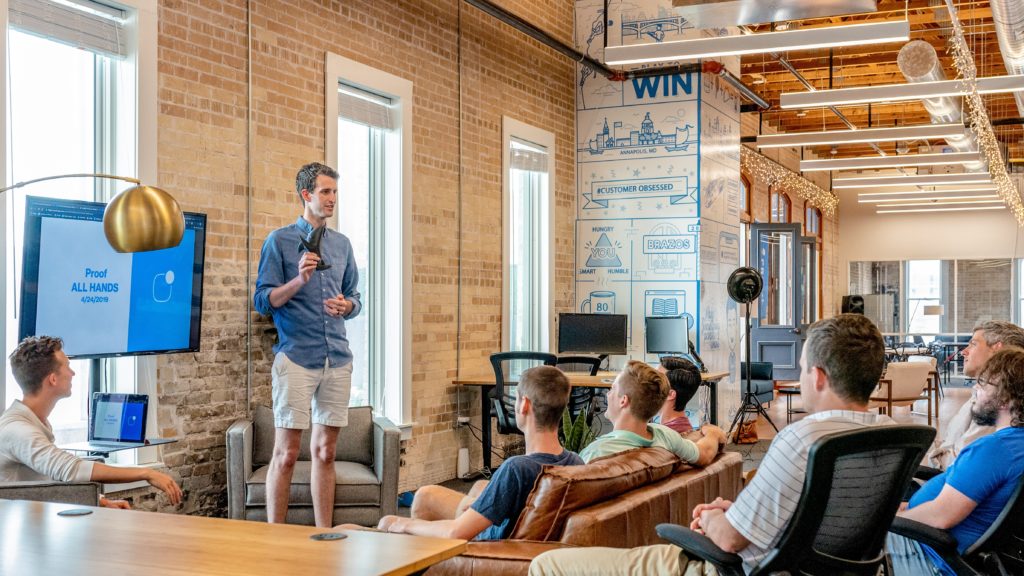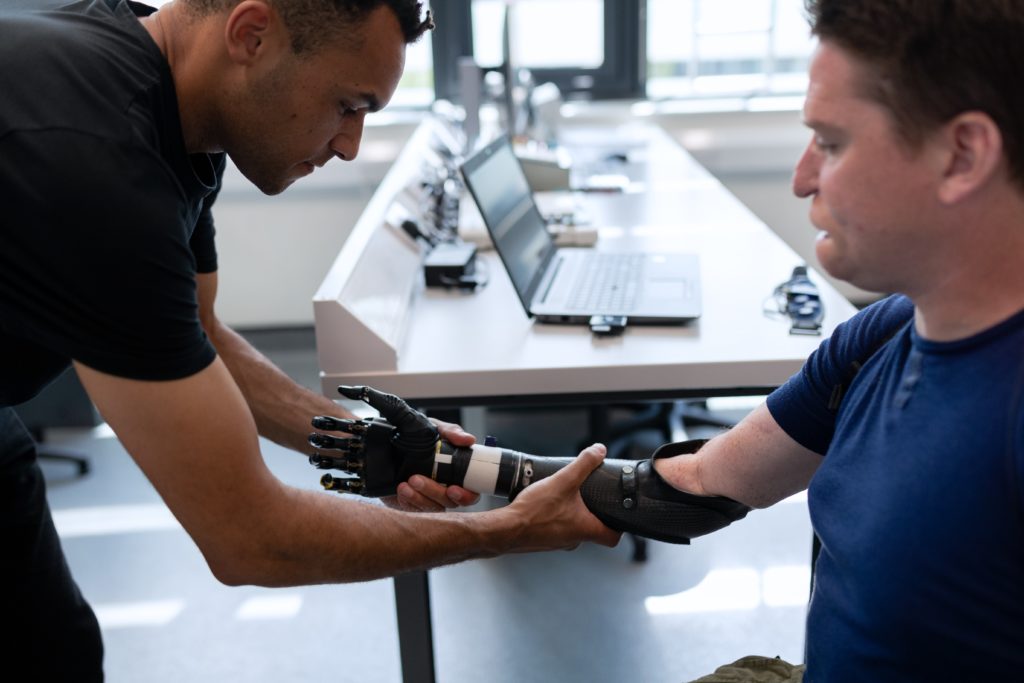By Eric Chow
Edited by Natalie Grace Sipula
[3 minute read]
A hallmark of college life is the freedom that students get to pursue what they are interested in. Whether that’s lounging about in the library or going out with friends, the only limit to the activities that you can pursue in college life is your imagination. At USC, one of the biggest things student occupy their time with is joining and participating in clubs. USC offers a wide variety of clubs and organizations for students to participate in, and below, I have listed some clubs I personally recommend and my experience in them!
USC offers a variety of different clubs that range from marketing to philanthropy. Joining such organizations is highly coveted amongst the USC student community, as these clubs represent an avenue for not just your passion and interests but they also can provide valuable connections with other USC students and alumni. Because of these valuable resources and the breadth of experiences that you can gain from joining these clubs, the application process for them is highly selective and rigorous. USC has more than 1,000 student organizations. These organizations are responsible for most of the programs and events held on campus, including concerts, lectures, special events, spirit rallies, cultural and social events, and conferences.

One club that I have joined is called Troy camp. Troy Camp is one of USC’s oldest and largest student-run philanthropies, providing comprehensive, long-term mentorship for students in South Los Angeles. We engage in educational, extracurricular, and leadership programs to foster personal growth and instill the value of learning. These programs include conducting bonding activities with younger students in the south LA area. I am a counselor for elementary school students, and I really enjoy my time hanging out with the kids and other counselors. We host weekly activities like origami folding or painting sessions. The community is so open and inclusive, and everyone feels welcomed.
Another club that I recently applied for is the USC American Marketing Association. The American Marketing Association (AMA) at USC is a collegiate chapter of one of the largest marketing associations in the world. AMA provides networking and academic development for undergraduate students interested in the field of marketing and brings national AMA resources to USC students, including training workshops, professional speaker events, company tours, service and networking events, and consulting projects. This club provides unique opportunities for students who want to gain more experience in professional business fields like consulting or marketing.







